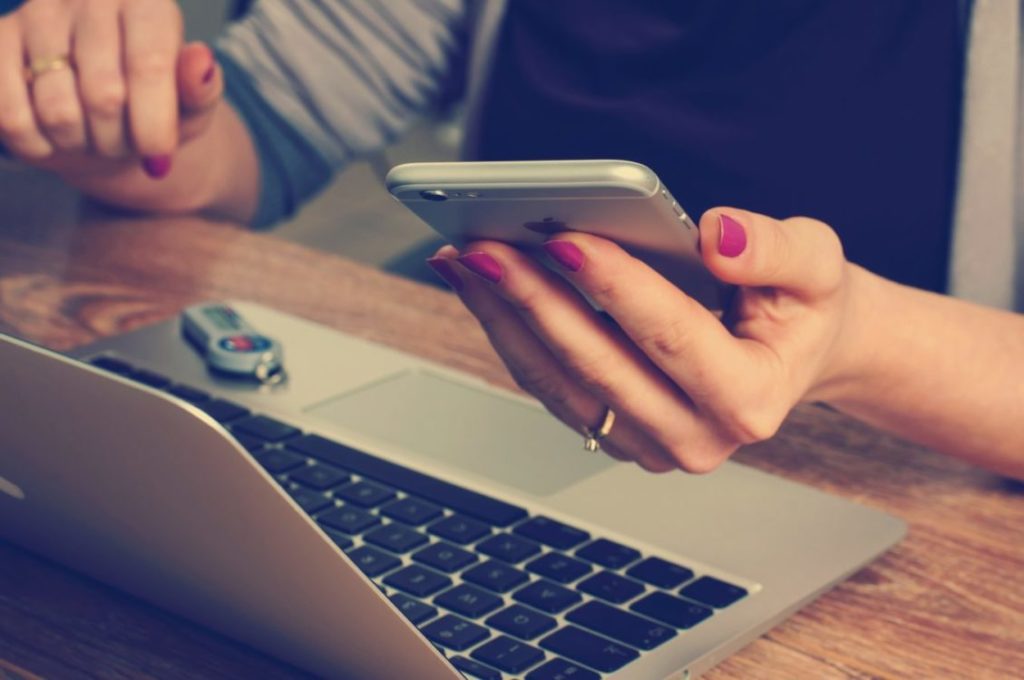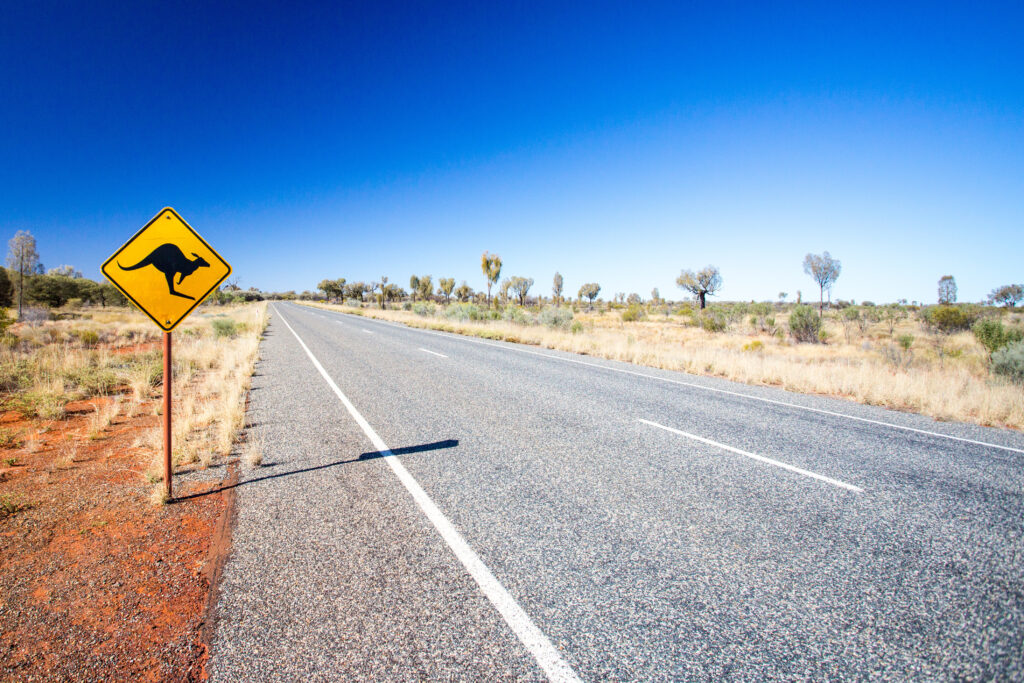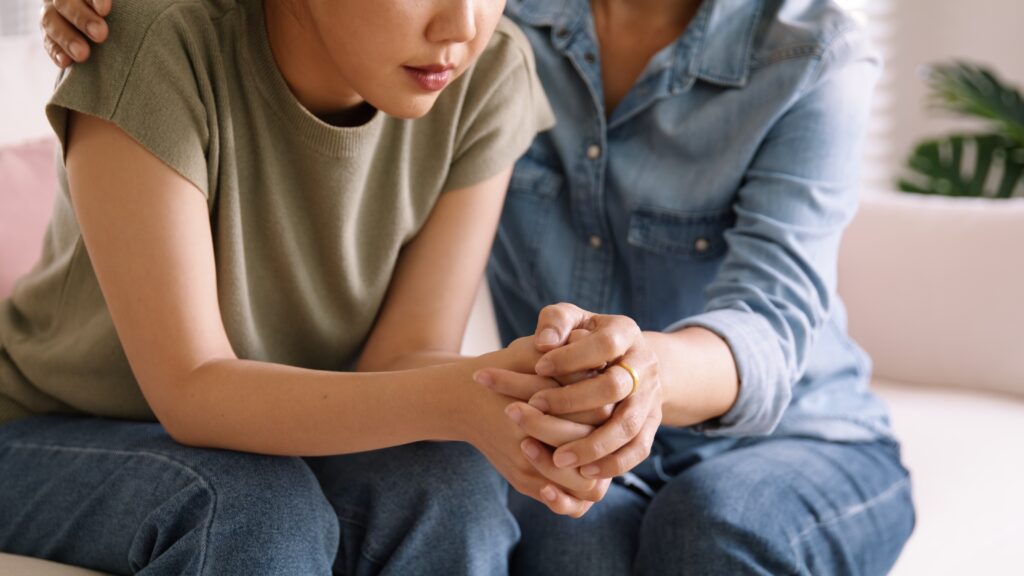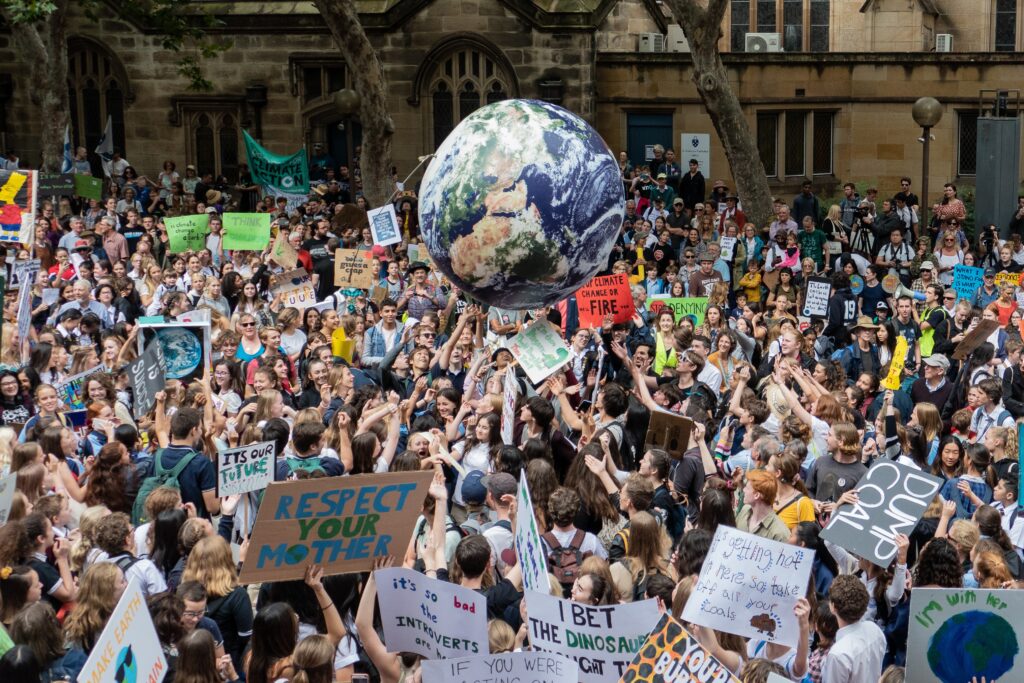It’s something none of us like to think about when heading abroad. Unfortunately, the fact is that accidents and emergency situations can – without warning – arise. What’s most important in an emergency is your safety – so ensure you have a plan and are prepared for the worst.
So, what key actions should you take if you find yourself in, or witness an emergency situation in Australia?
General tips on staying safe
Assess the situation
If you’re in an emergency, try to remain calm. Start by checking that the surrounding area is safe from harm’s way. If there is any immediate threat, it’s important to protect yourself first before trying to help others.
Respond
If possible, remove yourself and others from any immediate threat. Do not move an injured person unless they are in immediate danger or require first aid. Check the injured person for a response (ask their name, or gently squeeze their shoulder).
Send for help
Contact the relevant emergency services. Follow instructions and wait for an emergency response. If able, call for help from those around you or direct someone to send for help.
Reach out
Should you need extra support after calling the relevant emergency services, organisations such as your health care provider may be available to help you. Contact them to see what support services are available to you as a member.
Understanding what type of help is available
Triple Zero (000) is Australia’s emergency call service. It is free to call from any landline, mobile phone or pay phone and is the fastest way of getting help in an emergency.
However, emergency services are for emergencies only. You should never call an ambulance over something like a simple cold, cough, sore throat, rash, sunburn or non-life-threatening condition that can be easily looked at by your local general practitioner (GP). Not only will you hold up other people in the emergency room, but it is a misconception that going to a hospital will get you seen to quicker.
GPs are doctors who can treat a wide variety of medical conditions and offer you diagnoses, treatment, prescriptions for medicine or referrals to specialists for more serious (but non-urgent) injuries or conditions.
For non-urgent issues and non-life-threatening conditions, consult GPs in your local community.
Remember – hospitals are only for emergencies!
You should call emergency services or head to a hospital in cases of life-threatening injuries. These may include:
- chest pain or chest tightness
- sudden onset of weakness, numbness or paralysis of the face, arm or leg
- breathing difficulties
- unconsciousness
- uncontrollable bleeding
- sudden collapse or unexplained fall
- unexplained fitting in adults
- injury from a major car accident
- falling from a great height
- serious assault including stabbing or shooting
- severe burns, particularly in young children
- infants that are fitting or have an ongoing fever
Other types of emergencies
Some situations are more serious and may require the police or a fire brigade.
House fires
It is something so simple, that people do every day, but did you know that the majority of house fires happen during cooking? There are ways you can make your kitchen safer by:
- Ensuring your smoke alarm is working
- Checking for faulty appliances
- Keeping the area around your stove or oven clear
- Avoiding hanging tea-towels on the oven
- Stay aware – ‘keep looking when cooking‘
In the event of a serious house fire:
- Get out – leave the dangerous area immediately
- Stay out – never go back inside a burning property
- Call Triple Zero (OOO) and ask for Fire
- Calmly, provide incident details and address/location of the emergency
- Stay on the phone and follow instructions until the fire brigade arrives
Bushfires
Australia is famously regarded for its beautiful beaches, bushland and sunny, summery weather. However, there are times, particularly in summer, during which temperatures in Australia can soar.
In the event of a bushfire:
It’s best to formulate and follow a Bushfire Survival Plan. If you don’t have a Bushfire Plan, now is the time to make one! With fires, leaving early is always your safest option. See the Australian Emergency and Disaster Assistance page for further information on local emergency services dealing with fire and natural disasters.
Accidents
In the event of a serious accident:
Remember and follow the acronym ‘DRS ABCD’ (sounds like doctors abcd).
- Danger – make sure you are safe and not in any immediate danger.
- Respond – check for any injured or unconscious individuals. Talk and touch – ask the injured person for their name, or gently squeeze their arm. Do not move an injured person, unless they require first aid or are in immediate danger. Keep the injured person as still as possible.
- Send for help – immediately call Triple Zero (OOO) or 112 and follow instructions.
- Airway – open the injured person’s mouth and check that the airway is clean, with nothing obstructing the airway. Gently tilt their head back to allow more airflow.
- Breathing -listen, feel and watch the chest, checking for breathing. If the injured person is not breathing, go straight to CPR.
- CPR – start CPR (for details see the healthdirect website).
- Defibrillator – Attach the defibrillator and follow prompts.
Stay informed about emergency services in your community
For an updated list of Emergency Services Organisations (ESOs) available, check out the Triple Zero list of ESO websites.
If you need to contact emergency services
When calling Triple Zero (000):
- Ask for Ambulance, Police or Fire
- Speaking clearly and calmly, give relevant details of the incident
- State the exact address or location of the emergency
- Stay on the phone and await instruction
On a mobile phone, you can also reach emergency services by dialling the number 112.
If you are deaf or have a hearing or speech impairment, call 106 to make a Text Emergency Call.
If you need a translator:
- Call Triple Zero (000)
- Ask for: Ambulance, Police or Fire
- Ask for: a translator to be organised
- Stay on the phone and await instruction
- Remember – Australia does not use 911 (US, Canada).
Accessing mental health support after emergencies
Experiencing or witnessing an emergency can be traumatic, affecting your mental and emotional health. It’s important to seek support:
- University resources: Utilise on-campus counselling and psychological services, which are confidential and often free.
- Community mental health services: Local clinics provide additional support, offering counselling and therapy sessions.
- Helplines:
- Lifeline(13 11 14)
- Beyond Blue(1300 22 4636)
- Kids Helpline(1800 55 1800)
- Headspace
- ReachOut
- MensLine (1300 789 978)
If you are experiencing suicidal thoughts, immediately contact a suicide hotline – someone is there 24 hours a day to help you. These include:
- Lifeline(13 11 14)
- Suicide Call Back Service(1300 659 467)
If you are in an emergency or think you pose an immediate risk to yourself or those around you, call the emergency hotline on Triple Zero (000).
Remember, taking proactive steps to manage your mental health is just as crucial as addressing physical injuries after an emergency.
Read more: The Best Safety Apps for Students





